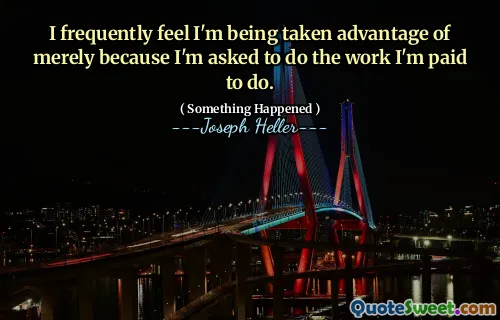
In this work I have received the opposition of a number of men who only advocate the unobtainable because the immediately possible is beyond their moral courage, administrative ability, and their political prescience.
---John Burns---
This quote delves into the nature of resistance faced by those who challenge the status quo or push for attainable, practical progress. The speaker highlights a recurring phenomenon in political and social arenas: the tendency of certain individuals to oppose realistic, achievable initiatives simply because these are within reach, while advocating for more ambitious or idealistic goals that may be unrealistic or unfeasible.
The resistance from these opponents often stems from a lack of moral courage, administrative competence, or political foresight. These qualities—moral courage to pursue difficult but necessary reforms, administrative ability to implement solutions, and political foresight to anticipate future needs—are crucial for meaningful progress. When these are deficient, opposition tends to favor unattainable ideals, perhaps because such ideals serve as idealized aims that avoid the complications and messiness of practical reform.
This dynamic reveals a deeper psychological and social tendency: the preference for dreams over reality can be a barrier to genuine progress. Sometimes, opponents refuse to acknowledge the constraints and realities of governance or societal change, instead clinging to noble yet impractical visions. Such opposition can be frustrating for reform-minded individuals, underscoring the importance of courage and skill in leadership.
This perspective serves as a reminder that change often requires a delicate balance—an acknowledgment of limitations while striving for feasible improvements. Successful progress, therefore, hinges on cultivating moral courage, enhancing administrative capacity, and exercising foresight, enabling leaders and advocates to navigate opposition and turn attainable goals into reality.







